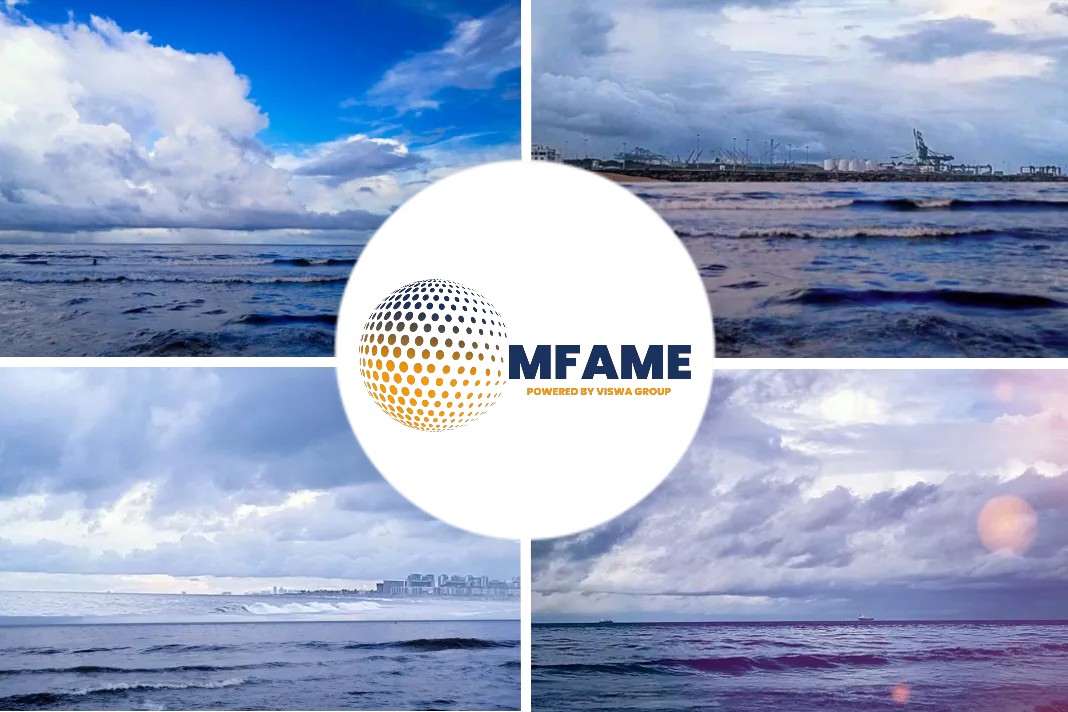- Middle East shipments up 26% in Q3
- Share of VLCC loading in West Africa up
- Boost in Atlantic VLCC trading volume
A recent news article published in the Asian VLCC rate breaches key w100 mark as crude loadings spike.
Robust demand for VLCC tankers
A robust demand for VLCC tankers along with a supply squeeze brought by an upsurge in crude loading from various exporting regions have pushed up the Persian Gulf to China rate above the key 100 Worldscale-points level for the first time in almost two-and-a-half years.
Platts, part of S&P Global Commodity Insights, assessed the Persian Gulf to China route basis 270,000 mt at w100 on Sept. 19, which equates to $20.62/mt.
The previous high was registered at w105 or $23.21/mt on April 30, 2020, amid the frenzied demand for floating storage that had resulted from COVID-19 lockdowns.
“The number of vessels has decreased due to the increasing activity [levels] in the Persian Gulf and the West [along with] some storage activities [with some participants] expecting crude price to go [up] this winter,” said a VLCC broker.
With loading demand across the key crude exporting regions going up simultaneously, the VLCC tonnage supply catering to these areas have remained balanced.
Spike in cargo liftings
The monthly VLCC shipments, which averaged at 107 liftings during the first half of this year, surged by 26% to 135 loadings during Q3 with OPEC increasing its crude production and exports gradually, according to data from Platts cFlow ship and commodity tracking software from S&P Global Commodity Insights.
While crude exports out of the Middle East burgeoned, the supply out of regions such as the US, West Africa, North Sea, and Brazil, too, swelled with a combined monthly volume for VLCC of 100 million barrels in September, which is up 33% from an eight-month average of 75 million barrels, according to Kpler data
Shifting VLCC trade flow
The ongoing Russian-Ukraine war has altered tanker trade flows with European crude buyers reducing dependency on Russian supplies and seeking oil from alternative origins.
This has impacted the VLCCs demand-supply dynamics. “Aframaxes [have] accounted for roughly 70% of the total US Gulf Coast and Caribbean monthly crude loadings in 2021 with VLCCs at only 3%, whereas between March-August of this year the Aframax market share has dropped to 44% and VLCCs rose to 19%, reaching a record high of 25% in August,” S&P Global Commodity Insights’ freight analyst Anastasia Zania said in a recent research note.
Zania also mentioned that VLCCs have expanded their market share out of West Africa, which is traditionally a Suezmax-dominated regions. While VLCCs can move crude cargoes up to 2 million barrels, the Suezmax tankers hold 1 million barrels and Aframaxes around 750,000 barrels.
Also noticeable is the increase in the number of VLCC shipments from the Middle East to the UK Continent, which stood at 21 shipments from May to September this year compared to none during 2021 and 2022, according to data from Platts cFlow. Only five VLCC shipments were observed in 2019.
VLCCs to stay firm
“Owners expect the time charter equivalent or TCE for this year to average around $30,000s/day [levels], which means the average of TCE for Q4 should be at a minimum of $50,000/day,” said a VLCC owner.
The source added that although the Chinese economy has slowed down, it’s state-owned energy companies have seen good earnings on the back of strong refining margins.
“With [good] refining margins here to stay, the crude demand will look good. Also, the robust fuel oil demand from the West this winter due to the Russia-Ukraine war is also among the factors that are supporting crude oil demand,” the same source said.
Did you subscribe to our daily Newsletter?
It’s Free! Click here to Subscribe
Source: Platts
























